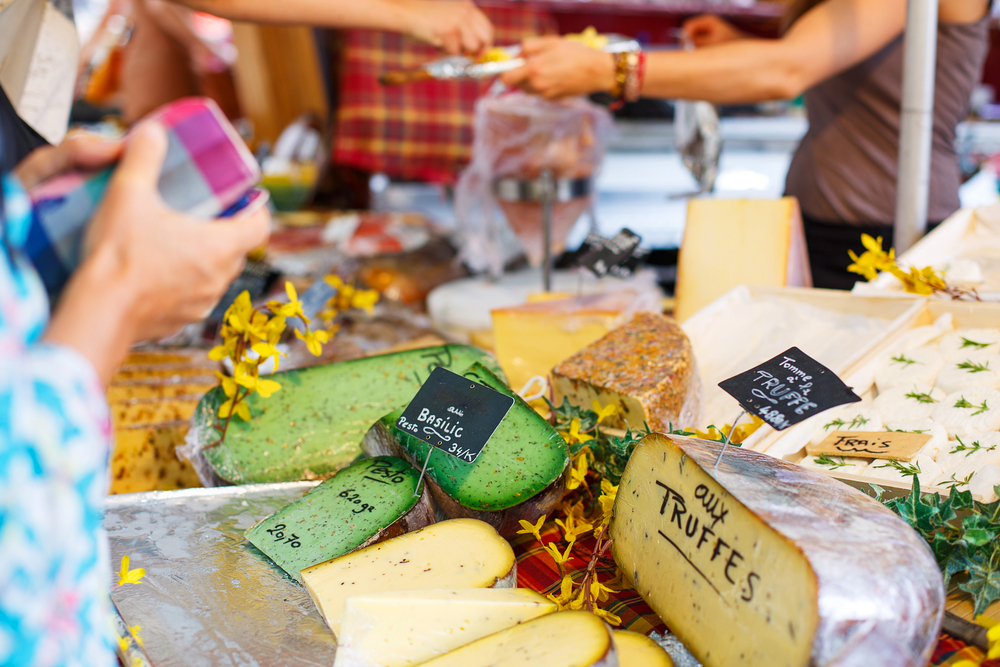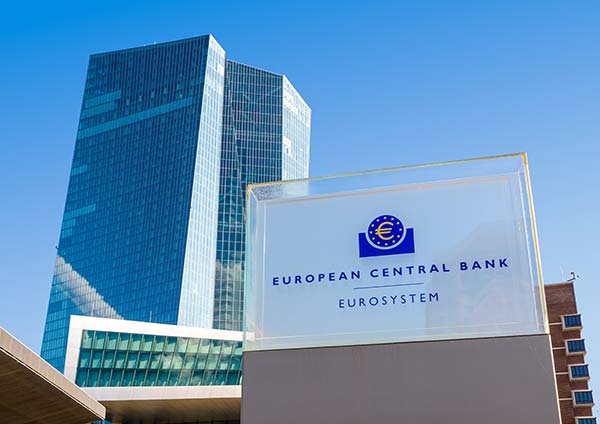Creative Solutions to Dumb Food Regulations
Joel Salatin|January 7, 2020

Creatively circumventing food regulations is gaining momentum these days because compliance damages authenticity and integrity.
Requiring a refrigerated truck, for example, to transport frozen meat from an abattoir to a nearby on-farm freezer is completely unnecessary. Such a requirement can shut down a would-be local farmer-entrepreneur who can’t afford a refrigerated truck.
Requiring an inspector to look at chicken livers as the birds come down the evisceration line is also completely unnecessary. Anyone who processes chickens can tell whether a liver is bad or not; you don’t need a bureaucrat to do that.
Of course, there are also many cases where the authentic product is simply prohibited in commerce, like raw milk. Ditto for home-slaughtered beef or pork.
A friend of mine trying to keep her small artisanal goat cheese operation legal is barely hanging on trying to meet all the subjective requirements that are written for industrial facilities and therefore do not apply to hers.
I’ll never forget when bureaucrats told us here at our farm that open-air processing was inherently unsanitary. In my view, it’s far more sanitary than stale air inside a concrete, windowless abattoir.
No Clue
Anyone in the craft food business understands these issues. But the average person has no clue what small food crafters go through to try to get their product to market.
What’s worse, the average person has no clue what they’re being denied because of this insufferable quagmire of bureaucratic meddling.
The result of all this is a groundswell of creative circumvention.
Over my lifetime, I’ve had the privilege of seeing and hearing about many creative alternatives.
Here are some of my favorites.
Just remember that this is not about being careless toward safe food. It’s about bringing safer food to market.
Making It Legal
A lady in Michigan realized that renting land, legally, means it’s under the purview not of the owner, but of the person who rents it.
Although I can’t slaughter a beef animal on my land and sell it to you without inspection (going through a licensed, bureaucrat-controlled abattoir), no law denies you the right to slaughter an animal on your own land.
So she chalked off 10-by-10 squares in her pasture and rented these plots to her customers for $1. Then she slaughtered the beef animal on that person’s square so it was done “on their land.”
This made the transaction legal.
An artisan cheesemaker in Wisconsin tried to sell her product at the Minneapolis Farmers Market. Not only is cheese highly regulated, but in this case she was taking the product across state lines.
Unable to punch through the red tape, she finally called the Wisconsin Department of Game and Inland Fisheries and said she wanted to go into the fish bait business. She asked what labeling or other requirements the department had for selling fish bait.
“Just that it’s edible,” replied the government regulator.
So she labeled her cheese “Fishbait Colby,” “Fishbait Cheddar,” “Fishbait Swiss” and sold it as fish bait at the market. Nobody could touch her.
A Special Dog
A hog farmer in Georgia wanted to sell his hogs to local customers but couldn’t get through the legal requirements.
He happened to enjoy raccoon hunting and had a couple of well-trained dogs that tracked and treed raccoons.
He let the word out on a new protocol. If you wanted his pork, you’d simply buy one of his dogs… and he’d throw in the pork as dog food.
So customers would drive to the farm and play the game: “I’m a raccoon hunter, and I hear you have one of the best dogs in the county. Would you sell it to me?”
Farmer: “Why no, these dogs are real special to me and worth a lot. I wouldn’t be interested in selling one.”
Customer: “Oh, please, how much would you take for one? Just name your price because I really want that dog.”
Farmer (scratching his chin and thinking real hard): “Well, I guess I could part with ol’ Bubba there, but I won’t take a dime less than $400 for him.”
Customer (excitedly): “Oh, thank you, thank you. This just made my day.”
The customer peels off four Ben Franklins and hands them to the farmer. Then he opens the car door, and the dog obediently jumps in.
The farmer then says, “Now, that’s a real special dog, with a real special diet. He eats only pork, and not any pork, but my pork.”
The farmer fetches a half a hog all cut up in neat, little labeled packages and puts that box in the back seat with the dog. The customer thanks him and drives out. At the end of the lane, he stops, opens the car door, and the dog jumps out and runs back home.
That farmer sells that dog a hundred times a year.
Not Helping
Anyone who thinks entrepreneurs aren’t more clever than bureaucrats doesn’t know much about human creativity and the dynamism of markets.
When government oversight thwarts innovation, it’s a societal harm… not a societal help.
Eventually, a tipping point occurs and circumvention becomes normal – just look at the drug war.
Long live the resistance!

Joel Salatin
Joel Salatin calls himself a Christian libertarian environmentalist capitalist lunatic farmer. Others who like him call him the most famous farmer in the world, the high priest of the pasture, and the most eclectic thinker from Virginia since Thomas Jefferson. Those who don’t like him call him a bioterrorist, Typhoid Mary, a charlatan, and a starvation advocate. With a room full of debate trophies from high school and college days, 12 published books, and a thriving multigenerational family farm, he draws on a lifetime of food, farming and fantasy to entertain and inspire audiences around the world.





